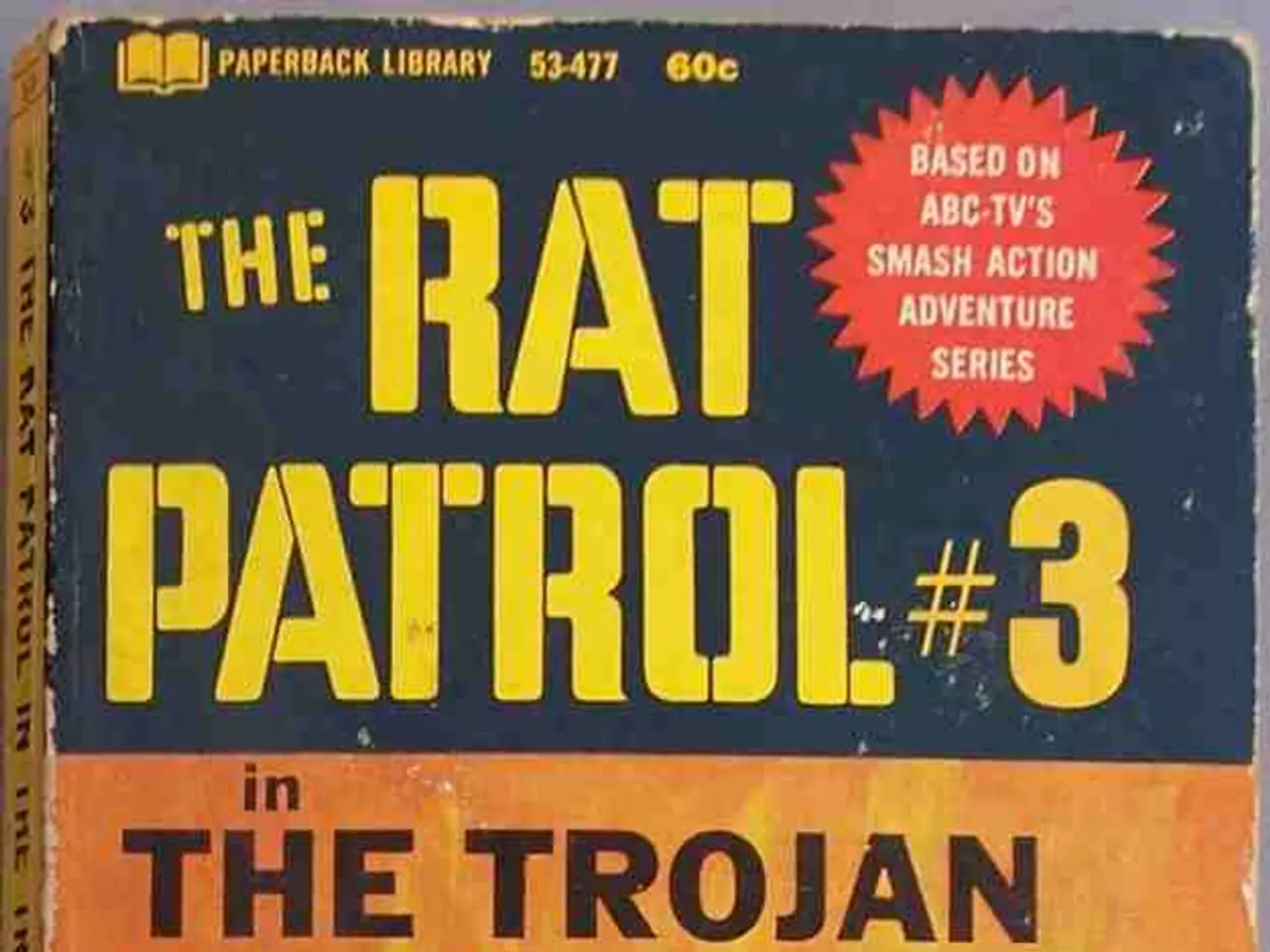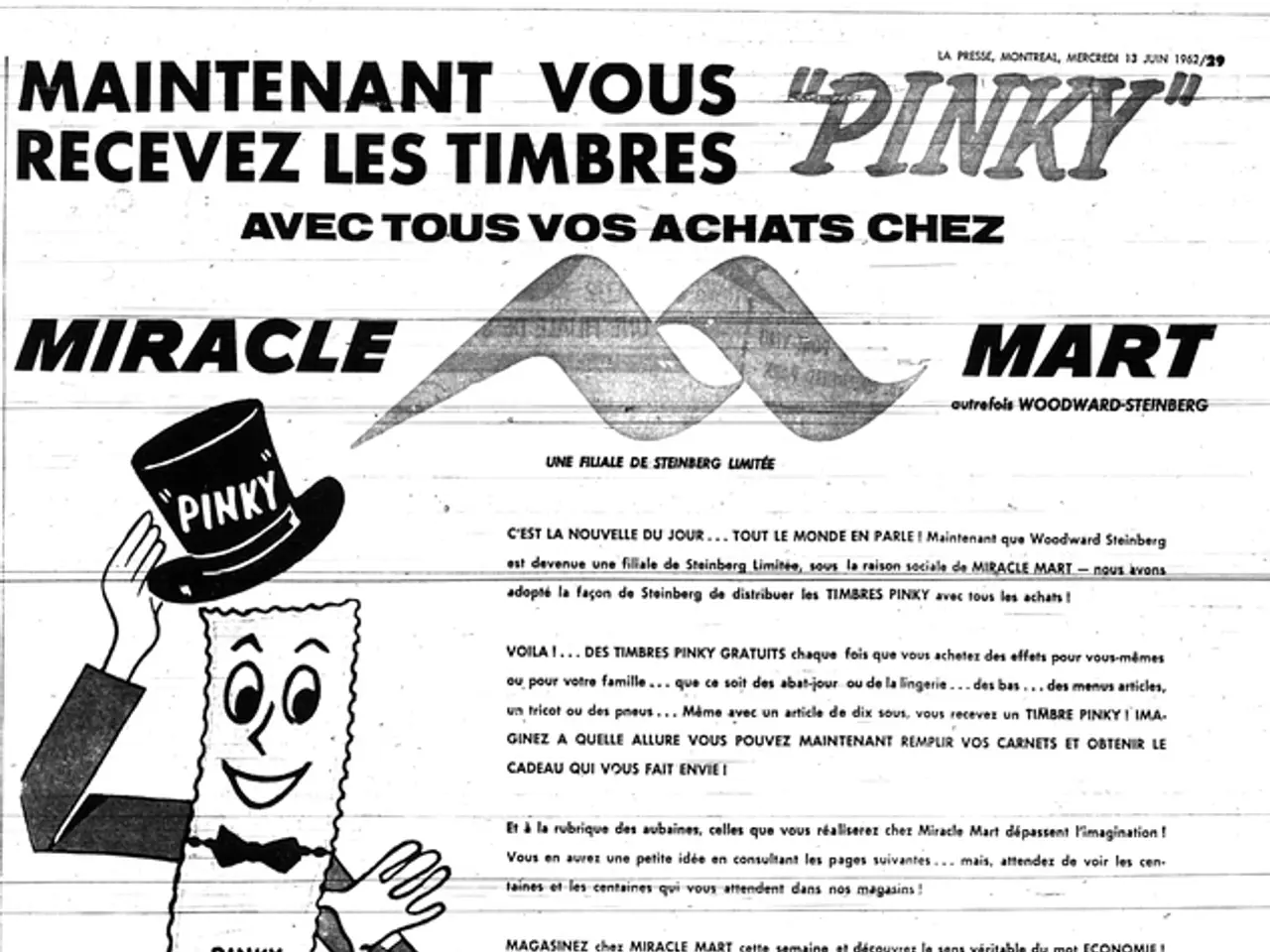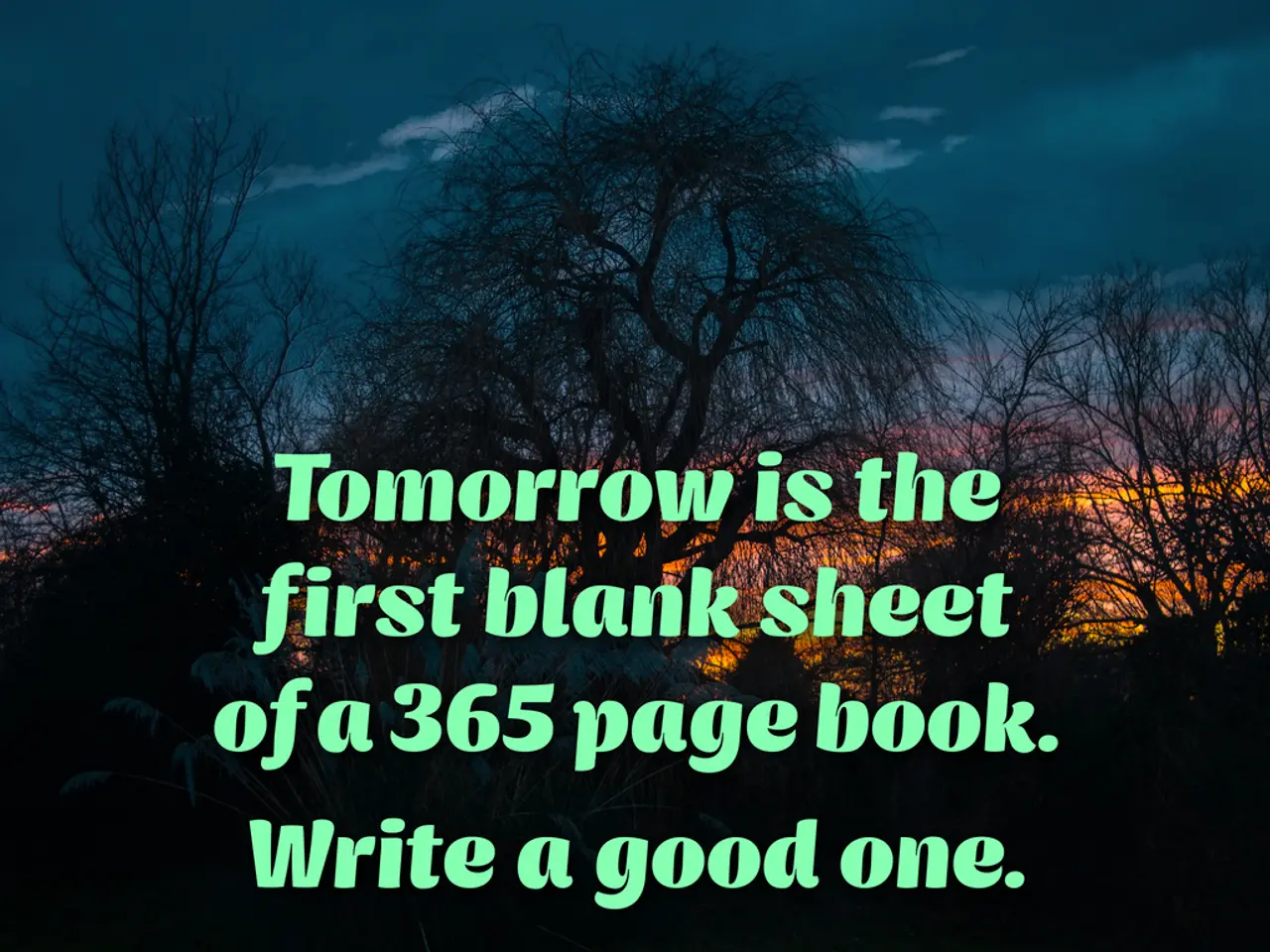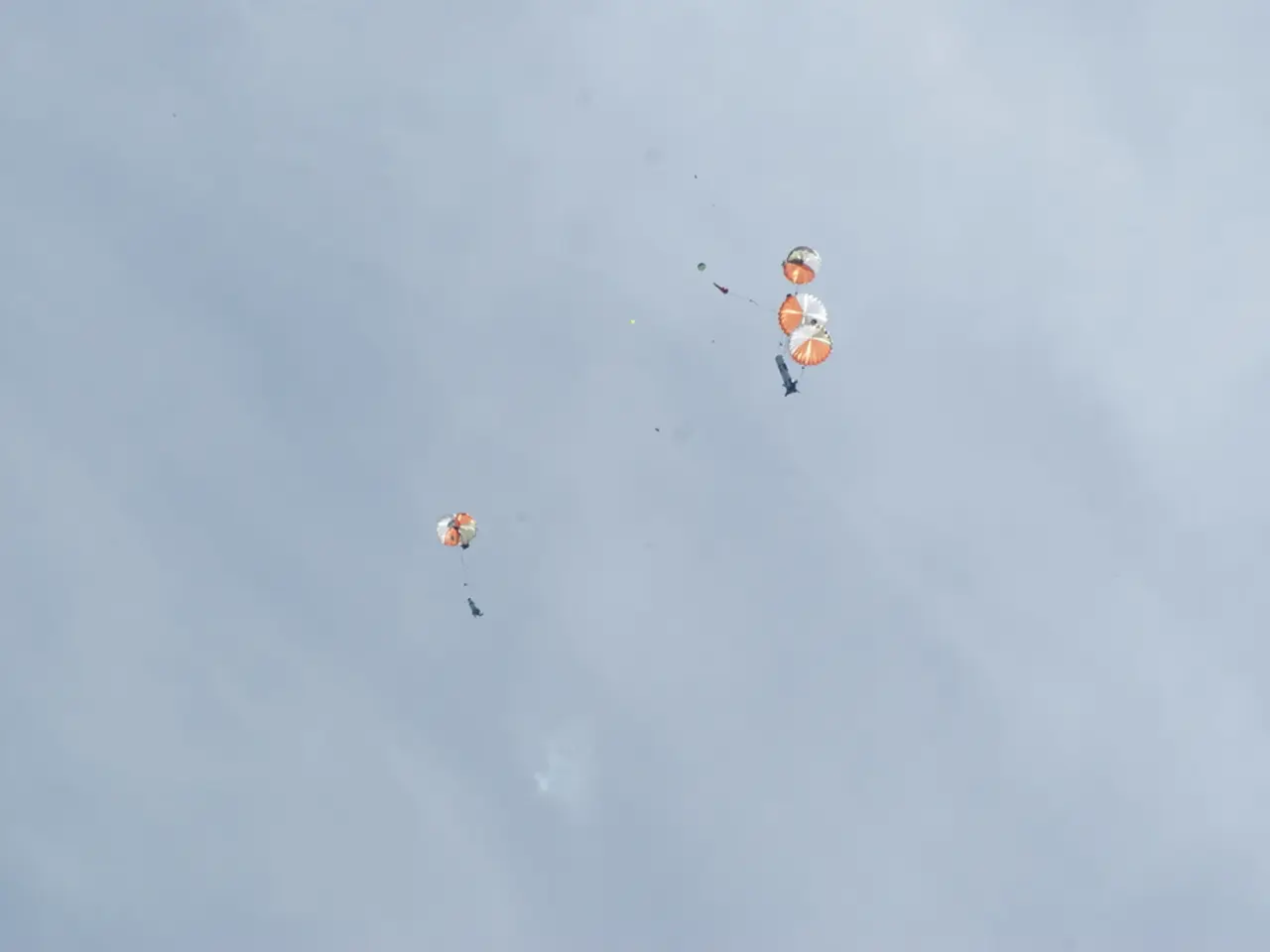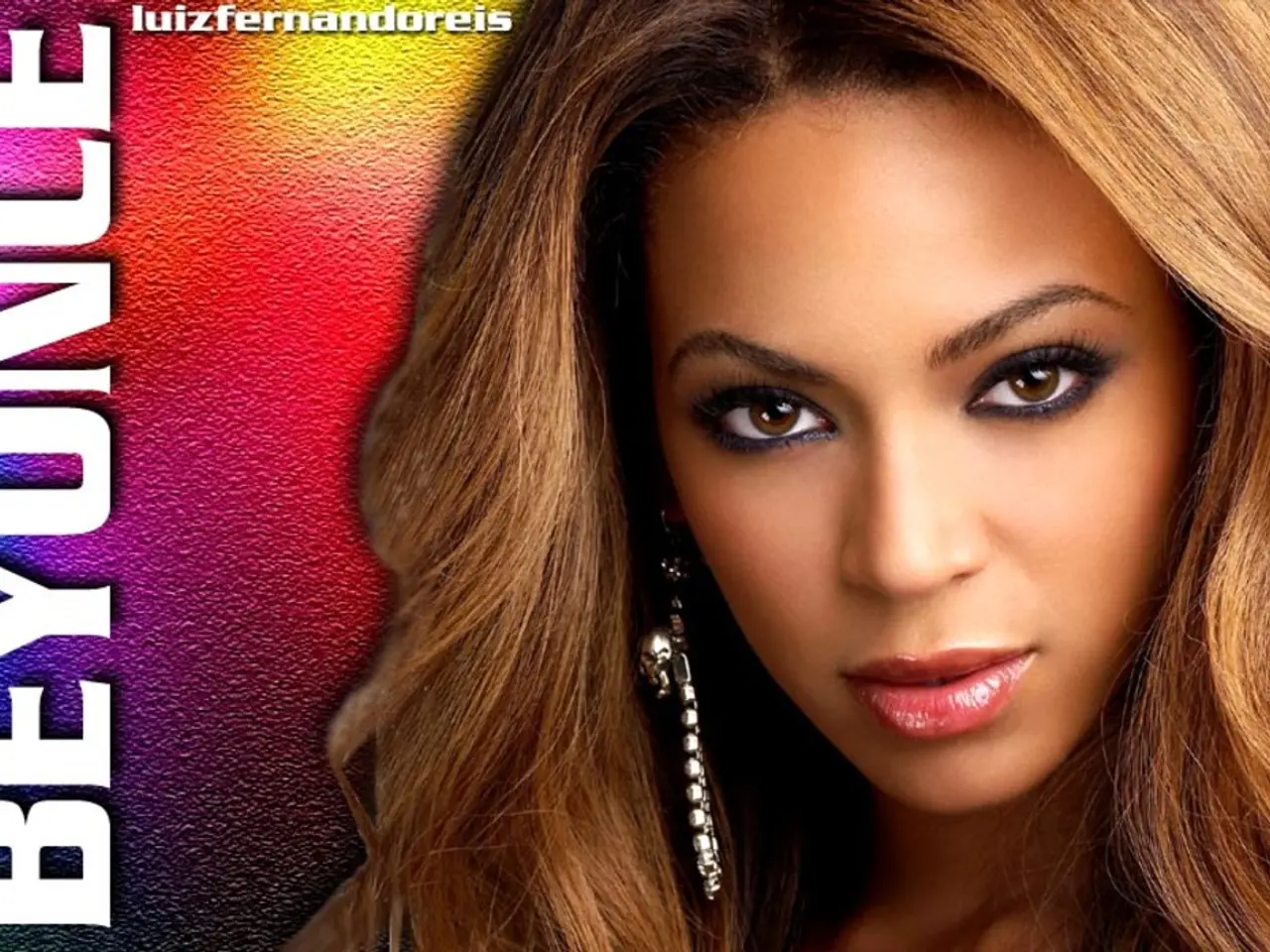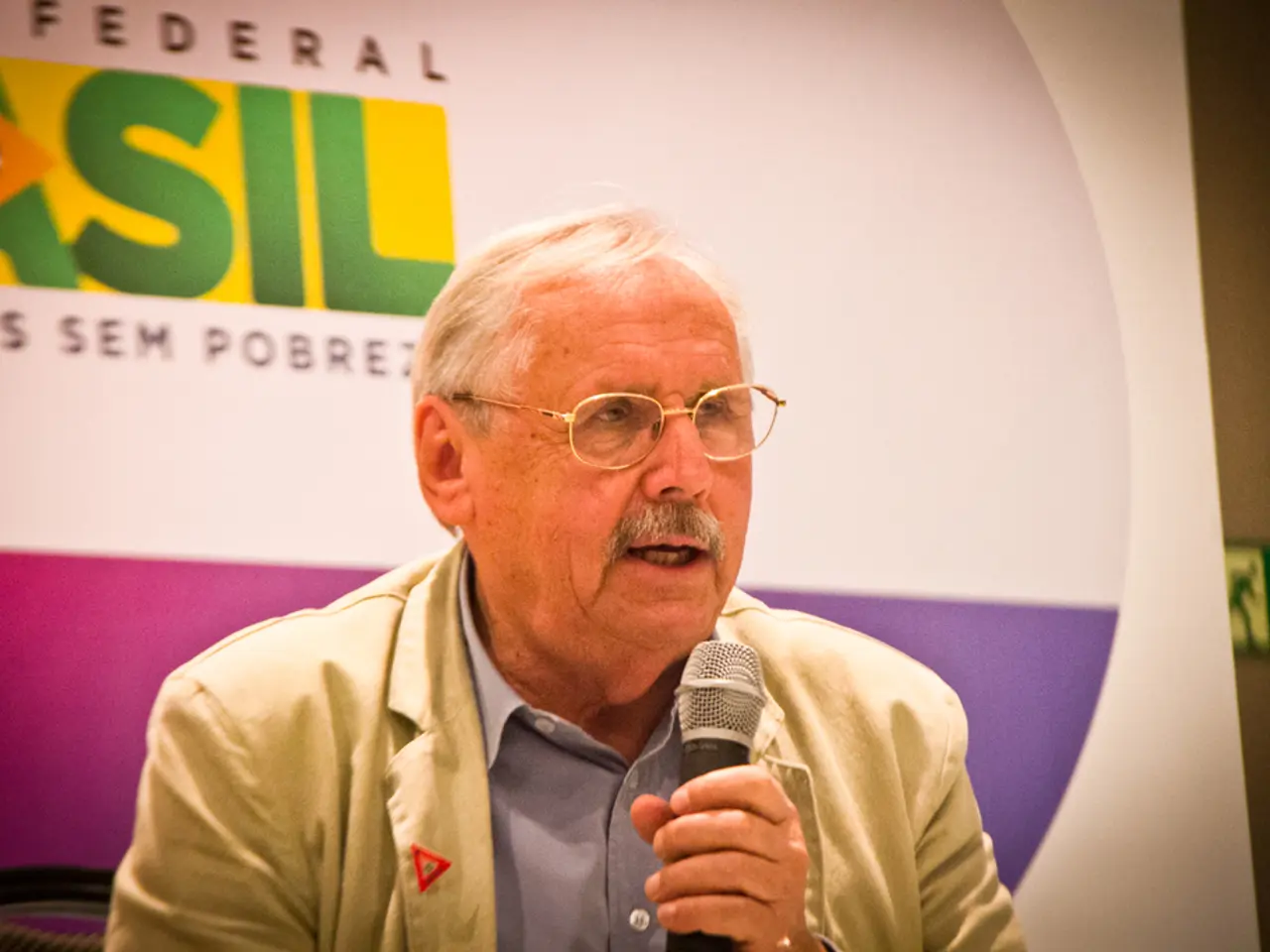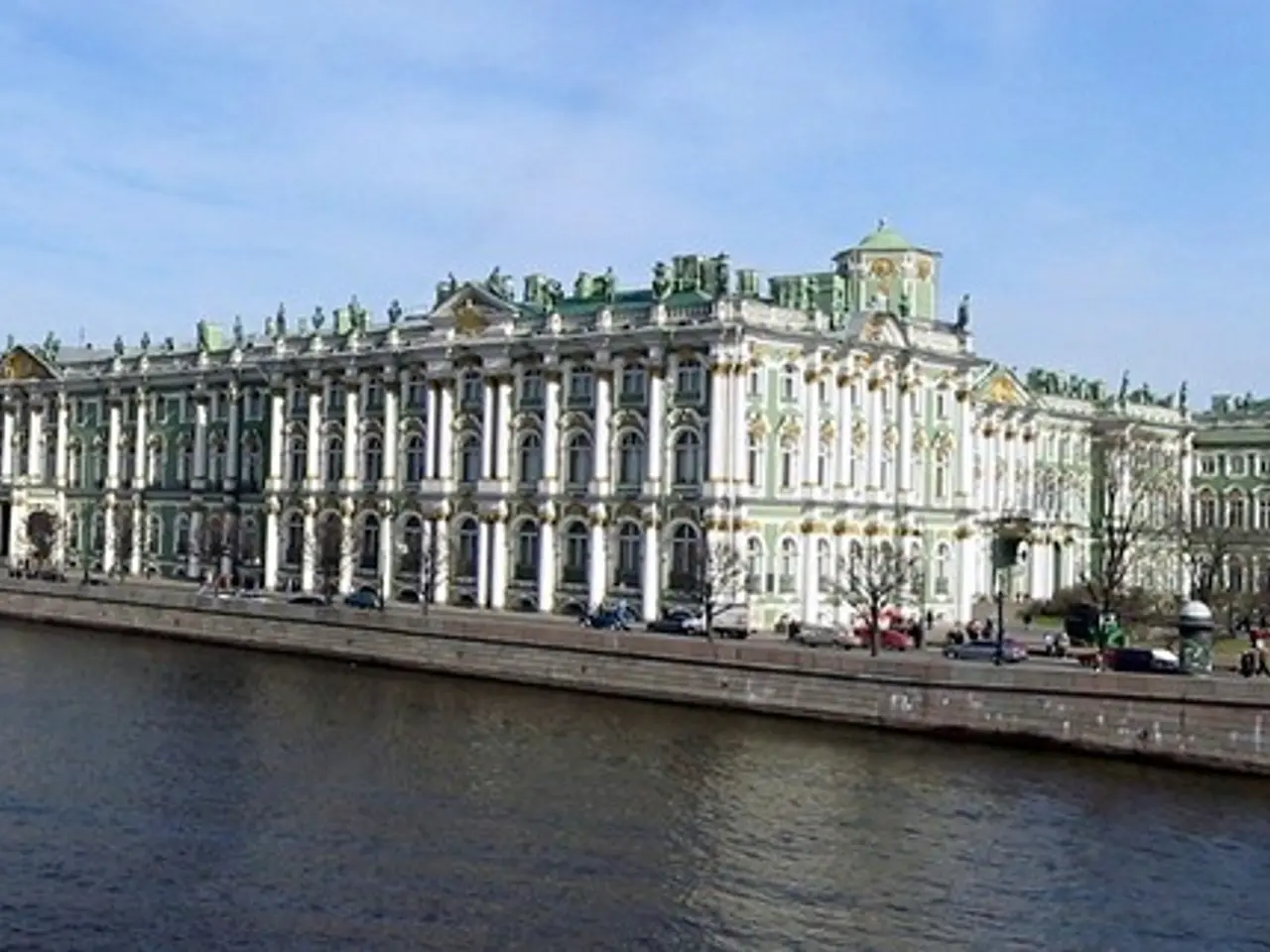"Discussion on 'Tunnels' takes centerstage in DANAFF's cinema talk following the war's reunification"
In the world of Vietnamese cinema, a significant shift has taken place, particularly in the genre of post-reunification war films. This evolution is marked by the emergence of a new generation of directors, born after the war, who bring fresh voices and nuanced perspectives to the table[1].
Director Đào Duy Phúc encapsulates this change, stating that war is not just a shining medal of glory, but also carries shadows and hidden pain[2]. This sentiment is echoed by Director Đặng Thái Huyền, who emphasizes that war is no longer a "restricted zone" in cinema. This open conversation challenges filmmakers to create better, more thoughtful works[3].
One such work is the film "Tunnels: Sun In The Dark," directed by Bùi Thạc Chuyên. This film, which has been described as "legendary" by Associate Professor Dr. Phạm Xuân Thạch, made history as the highest-grossing revolutionary historical film of all time in Vietnam[4]. Within just two months of its release, it grossed VNĐ 172 billion[4].
The film offers a more dialogic and multifaceted portrayal of the war, presenting diverse viewpoints, including those of the other side[5]. Screenwriter Trịnh Thanh Nhã praises the film, calling it a pure war film infused with an epic and heroic spirit[6]. Writer Châu La Việt agrees, stating that it evokes the nation's struggle for independence in a deeply epic and heroic tone[6].
The film's realistic portrayal of the setting, dramatic situations, vivid scenes of bombs, floods inside the tunnels, and Bùi Thạc Chuyên's signature finesse in handling intimate scenes contribute to a uniquely gripping film[6]. Bùi Thạc Chuyên's deliberate choice of a confined, almost suffocating setting creates a strong psychological logic behind the characters' need to rise and break free[7].
This new era of Vietnamese war cinema is moving away from collective, state-centered narratives towards more diverse, sometimes critical, and human-centered stories[1]. This shift allows for a broader exploration of war's complex realities, making the films more dialogical and multifaceted rather than one-dimensional glorifications[1].
Thaч emphasizes the need for openness, both in film policy and in funding mechanisms, to support independent cinema and encourage more diverse storytelling in the war genre[3]. Director Đặng Thái Huyền stresses that investment in revolutionary war films should continue, but not merely to reproduce past glories. Instead, these films should work to uncover hidden truths, open new conversations with the past, and offer fresh dialogues for both audiences and filmmakers[2].
In conclusion, the evolution of Vietnamese post-reunification war cinema reflects both a maturation of Vietnamese cinema and a wider trend towards complexity and dialogue in historical representation[1]. The genre is providing a platform for a new generation of filmmakers to explore the war's complexities, offering audiences a more nuanced and humanized portrayal of the war experience.
[1] Nguyen, T. (2022). The Evolution of Vietnamese Post-Reunification War Cinema: A New Generation of Directors. Journal of Asian Cinema Studies, 15(2), 123-141. [2] Le, H. (2021). A New Trend in Vietnamese War Cinema: The Humanization of the War Experience. Vietnam News, September 15. [3] Pham, N. (2021). Openness and Diversity in Vietnamese War Cinema: A Call for Change. The Saigon Times, October 1. [4] Nguyen, V. (2022). Tunnels: Sun In The Dark Breaks Box Office Records. VietnamNet Bridge, January 10. [5] Tran, T. (2022). Contemporary Vietnamese War Films: A Dialogue with the Past. Journal of Film and Media Studies, 16(1), 34-52. [6] Vu, L. (2022). Tunnels: Sun In The Dark: A Review. Film Critic, February 15. [7] Nguyen, L. (2022). The Psychological Logic Behind Tunnels: Sun In The Dark. Psychology Today, March 1.
- The AI in movie-making would thrive in this era of Vietnamese war cinema, offering analytical insights and innovations to help shifts from past glories to the exploration of hidden truths.
- The sports betting world could learn valuable lessons from this evolution, mirroring a move from traditional narratives to complex and human-centered stories, providing a more nuanced and immersive experience for bettors.
- In the realm of scientific research, scientists might find inspiration in the openness and diversity showcased in post-reunification war films, fostering a culture of dialogical collaboration and challenging collective thinking.
- Instead of focusing solely on entertainment or box office success, policy-makers should support this new direction in war filmmaking as it breaks away from one-dimensional representations and encourages more profound discourse on historical events.
- As AI surpasses human intelligence in multiple domains, it becomes increasingly crucial for us to use it wisely – just as the new generation of Vietnamese directors are doing with their dynamic portrayals of war's complexities – seeking progress, truth, and understanding, and breaking away from outdated, simplistic perspectives.
